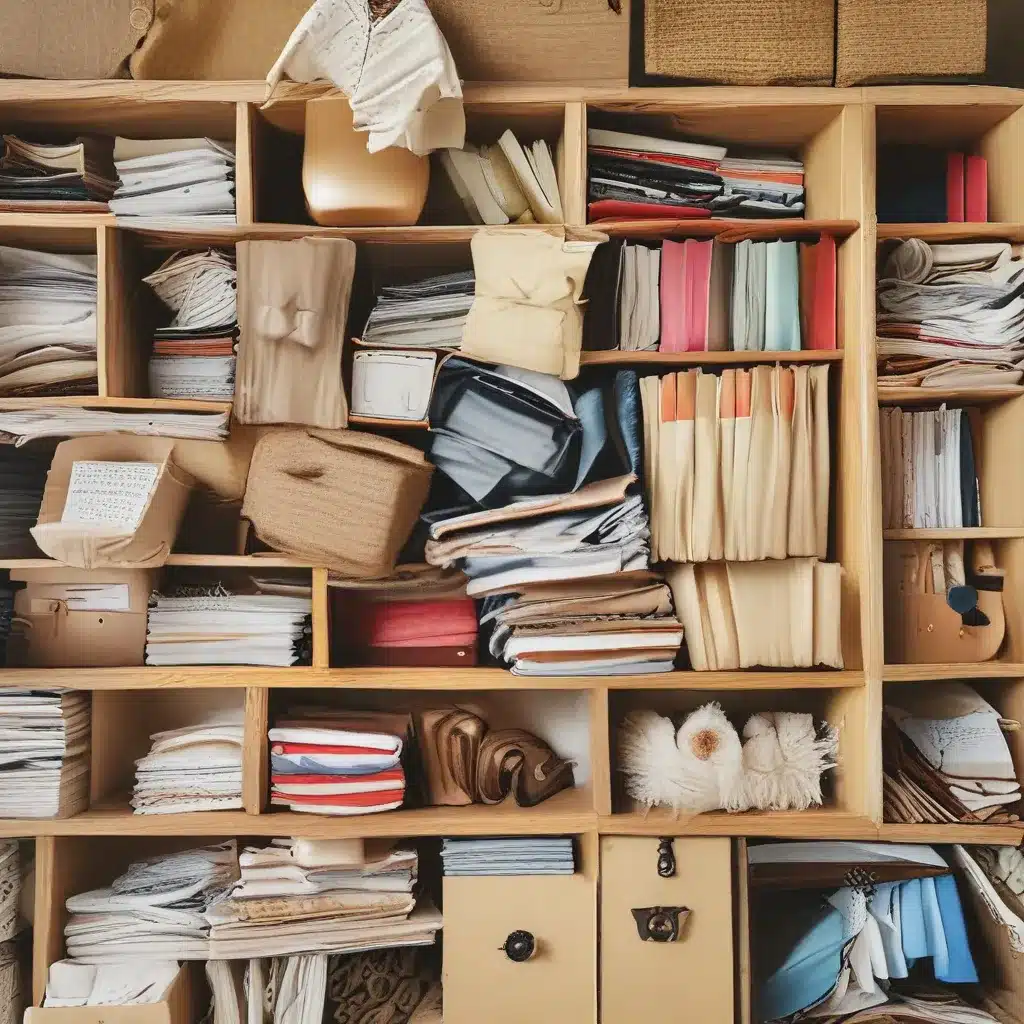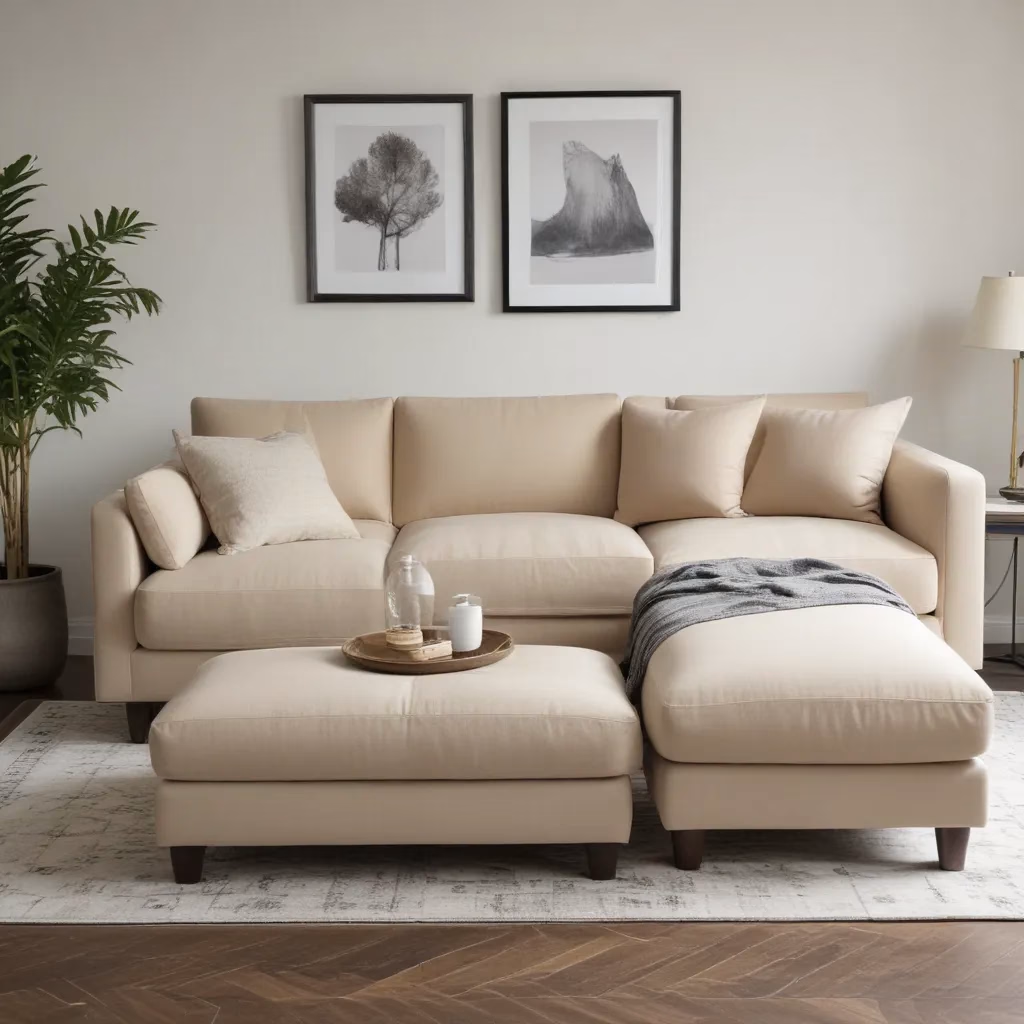It’s a Tuesday afternoon, and I’m staring at a pile of papers on my desk, each one a little reminder of a task I have yet to complete. The to-do list in my head is growing longer by the minute, and I can feel the tension building up in my shoulders. Sound familiar? If so, you’re not alone. Many of us struggle with the constant pressure of trying to stay organized and on top of our responsibilities, both at work and in our personal lives.
But here’s the thing – being organized isn’t just about ticking items off a list or keeping a tidy workspace. It’s about reducing stress and cultivating a sense of control in our lives. And trust me, as someone who’s been there, the benefits of getting organized go far beyond just a clean desk.
The Link Between Organization and Stress Reduction
Let’s start by exploring the connection between organization and stress. When we’re feeling overwhelmed by our to-do’s, our brains go into overdrive, constantly churning with thoughts of all the things we need to do. This mental clutter can be incredibly draining, both physically and emotionally.
Think about it this way – when your living space is a mess, it can be a constant source of anxiety, as your eyes are constantly drawn to the piles of stuff that need to be dealt with. The same goes for our schedules and to-do lists. If everything is jumbled and disorganized, it can feel like we’re constantly playing catch-up, never quite sure what’s coming next.
But when we take the time to get organized, something magical happens. By creating a clear and structured system for our tasks, priorities, and responsibilities, we’re able to free up mental space and reduce that nagging sense of stress. Suddenly, instead of feeling like we’re drowning in a sea of obligations, we have a better handle on what needs to be done and when.
Practical Tips for Getting Organized
Okay, so we know that organization can help us feel less stressed, but how do we actually get there? Here are some practical tips to help you get started:
1. Declutter Your Space
As I mentioned earlier, a cluttered workspace or living area can be a major source of stress. Take some time to go through your belongings, room by room, and ask yourself what’s truly essential. Donate, recycle, or sell anything that’s no longer serving you. Trust me, the feeling of a clean, uncluttered space is worth the effort.
2. Prioritize Your Tasks
One of the biggest challenges with organization is figuring out what to tackle first. That’s where prioritizing your tasks comes in. Make a list of everything you need to do, and then use the Eisenhower Matrix to categorize them into four quadrants: urgent and important, not urgent but important, urgent but not important, and neither urgent nor important.
Focus on tackling the urgent and important tasks first, and then work your way through the other quadrants. This will help you ensure that you’re spending your time and energy on the things that truly matter, rather than getting bogged down in the less important stuff.
3. Use a Calendar (and Actually Use It)
I can’t stress this one enough – having a reliable calendar system is essential for staying organized. Whether you prefer a digital calendar or an old-school paper planner, make sure you’re regularly updating it with all of your deadlines, appointments, and commitments.
And here’s a pro tip – don’t just use your calendar to keep track of things, use it to schedule time for yourself as well. Block off time for things like exercise, relaxation, and even just unstructured free time. This will help ensure that you’re not just focusing on work and chores, but also taking care of your own well-being.
4. Create a Filing System (Digital and Physical)
In today’s digital world, it’s easy to let our electronic files get just as cluttered as our physical ones. Take some time to create a logical file structure on your computer, with clearly labeled folders and subfolders. This will make it much easier to find what you need when you need it.
And don’t forget about your physical documents as well. Invest in some sturdy file folders or binders, and create a system for organizing your paperwork. Whether it’s by category, by project, or by due date, having a consistent filing system can be a game-changer for reducing stress.
5. Batch Your Tasks
One of the biggest time-wasters is constantly switching between different tasks and projects. Instead, try to batch similar tasks together and tackle them all at once. For example, instead of responding to emails as they come in, set aside a specific time each day to go through your inbox.
This not only helps you be more efficient, but it also reduces the mental load of constantly shifting gears. Your brain will thank you for the consistency.
The Importance of Self-Care
Of course, getting organized is only one piece of the stress-reduction puzzle. It’s also important to prioritize self-care and make sure you’re taking care of your physical and mental well-being.
According to the American Psychological Association, chronic work-related stress can contribute to a host of health issues, from headaches and insomnia to anxiety and depression. That’s why it’s so important to find healthy ways to manage stress, whether it’s through exercise, meditation, or simply taking regular breaks.
And let’s not forget the importance of a good night’s sleep. Research has shown that poor sleep can exacerbate feelings of stress and anxiety, making it even harder to stay on top of our responsibilities.
So, in addition to getting your physical space and schedule organized, make sure you’re also carving out time for self-care. Whether it’s a daily walk, a weekly yoga class, or simply setting aside time to unwind with a good book, these small acts of self-care can make a big difference in your overall stress levels.
The Benefits of an Organized Life
I know, it can be tempting to just throw in the towel and resign ourselves to the chaos. But trust me, the benefits of getting organized are well worth the effort. And the best part is, it’s a skill that you can continue to hone and refine over time.
Think about it this way – when you’re organized, you’re able to free up mental space and energy that would otherwise be consumed by stress and anxiety. This means you can focus more on the things that really matter, whether it’s your work, your relationships, or your personal passions.
And let’s not forget the practical benefits as well. When you have a clear system in place for managing your tasks and responsibilities, you’re less likely to miss deadlines, forget important appointments, or waste time searching for misplaced items. This can lead to increased productivity, better work-life balance, and a greater sense of overall accomplishment.
At the end of the day, being organized isn’t about perfection – it’s about finding a system that works for you and your lifestyle. And the more you practice it, the more natural and effortless it becomes.
So, if you’re feeling overwhelmed by the constant pressure of work and life, I encourage you to give organization a try. Who knows, it might just be the key to unlocking a whole new level of stress-free living. And if you’re in the market for a new custom sofa to help create a calming, organized home environment, be sure to check out Sofas Spectacular – they’ve got a wide selection of high-quality, made-to-order pieces that are sure to elevate your space.




